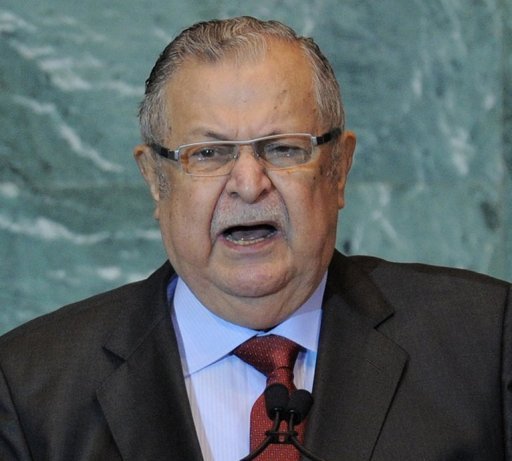By Mai Shams El-Din
CAIRO: The Alexandria Criminal Court sentenced Wednesday two police informants tried in the case of Khaled Saeid to seven years in a maximum security prison, eliciting shocked reactions from lawyers and activists.
“The two were charged with wrongful arrest and torture for which the highest sentence is 15 years in a maximum security prison and the least is seven years,” lawyer from Al-Nadeem Center for the Rehabilitation of Victims Mohammed Abdel-Aziz told Daily News Egypt.
“The court did not change the charges from cruel treatment, torture and wrongful arrest to deliberate murder,” the lawyer working on the case explained, adding that if the court had done so, the sentence would have been at least 15 years in a maximum security prison, and could have even reached the death penalty.
The court did not press charges against the two policemen who allegedly incited the informants to torture and kill Saeid, Captain Ahmed Othman and Lieutenant Colonel Emad Abdel-Zaher, who were not added to the case, Abdel-Aziz added.
Angered by the court’s decision, the families of the informants attacked Saeid’s family members, lawyers and journalists inside the courtroom, according to activist Mohamed Barakat.
“We were standing outside the courtroom and we heard of the scuffles inside, but everything is now calm. About 30 protesters are chanting against the court ruling,” Barakat said.
The reaction in Alexandria is hard to foresee, he added.
“This is so depressing,” coordinator of the No to Military Trials Campaign in Alexandria Evronia Azer told DNE.
“This is not the right way to do it; the charges should have been modified to deliberate murder. But for now, I really do not know what should be done next,” she said.
“The street has been mobilizing for this case before the revolution, and was one of the reasons why the revolution erupted in the first place. So, the street sentiment should be supportive of Khaled’s family. This is a torture case, torture that led to killing,” she said.
A 25-page forensic report submitted to the court last month stated that Saeid had died from “asphyxia, not choking”.
It said the medical experts had uncovered information indicating that “the victim had been subjected to beating and that a roll was stuffed inside his mouth by force while he was unconscious”.
Saeid’s family and witnesses accuse police of savagely beating him to death after an argument at an Alexandria Internet cafe in June of last year. As proof, they point to photos of his body showing his badly disfigured and bloodied face as well as witness accounts.
The police say the 28-year-old choked on a packet of drugs he swallowed as they approached, a finding supported by two state forensic reports. The two reports, however, cited different dimensions of the alleged packet, with one saying it was hashish and the other marijuana.
On June 30, the court tasked a committee of forensic experts from three Egyptian universities to review the earlier reports on the cause of Saeid’s death prepared by the state’s chief coroner.
A technical committee of professors from Alexandria University’s Faculty of Fine Arts was also formed after the June 30 hearing to inspect the graphic posthumous photograph of Saeid’s badly disfigured face to determine whether it was taken before or after the autopsy.
The judge, citing the need to “ensure a proper conduct of justice”, ordered a news blackout on the hearings from the next court session until a verdict was reached, witnesses said.
On his twitter account, Wael Ghoneim, the administrator of “We are all Khalid Saeid” Facebook page wrote: “We all have the right to be angry but we are in a battle. Khaled’s right and everyone else like him will be taken back.”
Saied and the Facebook group launched in his memory are credited for galvenising support for the mass protests earlier this year that ousted president Hosni Mubarak.
Activist Wael Khalil described the court verdict as not easy, adding that the road to justice is too long.
“The verdict is not innocence; the verdict was in Khalid’s favor and condemned police, forensic doctors and Mubarak’s regime. Regardless of the verdict, the road to full justice is too long,” the leftist activist wrote on his twitter account.
“The real road of justice is not only connected to the verdict against the murderers of Khalid Saeid. It requires fair laws, just judiciary and equality in front of the law,” he concluded.
Activist Alaa Abdel Fattah expressed anger over the verdict, yet compared it to pre-Jan. 25 times.
“Of course I am not happy for the court verdict, and also angered at the fact that only the police informants were sentenced to seven years, but we have to remember that the maximum sentence anyone received in similar cases in Mubarak times was only one year,” Abdel Fattah said.
Blogger Zeinobia said on her twitter account that the main problem is not about the law or the judge, but the charge that was not changed to deliberate murder.
“Aside from emotions we should have seen this coming,” she added. –Additional reporting by agencies.
